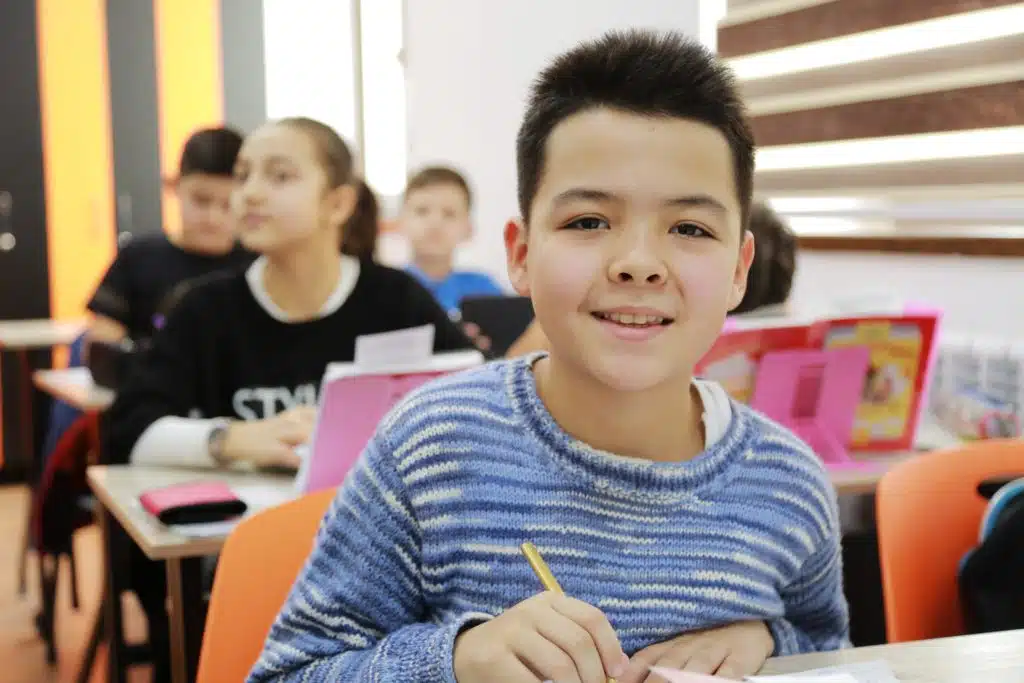Unaccompanied asylum seeking children are up to three years behind with their education by the time they sit their GCSE exams, a new study has shown.

Little has been known about the outcomes of unaccompanied asylum-seeking children, resettled refugees or asylum support children who enter the English school system, as the government does not record the progress of these pupils, many of whom are extremely vulnerable having experienced past trauma.
The Education Policy Institute, supported by Unbound Philanthropy, is the first study to examine the educational outcomes of the majority of asylum-seeking and refugee pupils in England, estimates their school attainment and considers absence and exclusion rates.
“The considerable gap in attainment between unaccompanied asylum-seeking pupils and non-migrant children of 37.4 months is estimated by researchers to be similar in size to the gap for pupils with special needs and disabilities who have the most severe needs,” said the report.
There were just under 24,000 children under 18 years old in receipt of asylum support under Section 4 or Section 95 in England In December 2017. There were an additional 4,560 Unaccompanied Asylum-Seeking Children (UASC) looked after by local authorities in England in March 2017. Additionally, around 1,000 children aged 5-16 were resettled in England in 2017 under schemes for designated refugees.
The report highlighted:
- Unaccompanied asylum-seeking children in England in 2016/17 were on average 37.4 months behind non-migrant children across all GCSE subjects.
- Children who fall into the group of resettled refugee or asylum-seeker in receipt of support were estimated to be 17.3 months behind non-migrant children across all GCSE subjects.
- Refugee and asylum-support children are estimated to be similarly educationally vulnerable to children in the care system with Child Protection Plans, or those who were persistently disadvantaged over the course of their school life.
- Resettled refugee and asylum support recipient children are however estimated to have higher school attendance rates than non-migrant children, with 5% school absence rates compared to the 6.6% for non-migrant children.
- UASC experience higher rates (7.1%) of fixed period exclusions than the non-migrant population (5.2%).
- Resettled refugee or asylum support children are estimated to be less likely to experience a fixed period exclusion (4.4%).
- UASC have extremely low (near zero) levels of permanent exclusion.
- Resettled refugee or asylum support children have an estimated permanent exclusion rate of 0.04%, which was lower than the 0.11% for non-migrant children.
“Overall, our analysis reveals that Unaccompanied Asylum-Seeking Children are a highly vulnerable group within secondary schools in England, with very low attainment even by comparison with other vulnerable groups of pupils and experiencing higher-than-average rates of school absence and fixed period exclusions,” said the report.
“Refugee and asylum-support recipient children fare better, with low estimated rates of absences and exclusions but, in spite of these possible educational advantages, they are still subject to low estimated GCSE attainment, comparable with that of other highly vulnerable groups such as persistently disadvantaged pupils,” the report concluded.
The educational outcomes of refugee and asylum-seeking children in England

